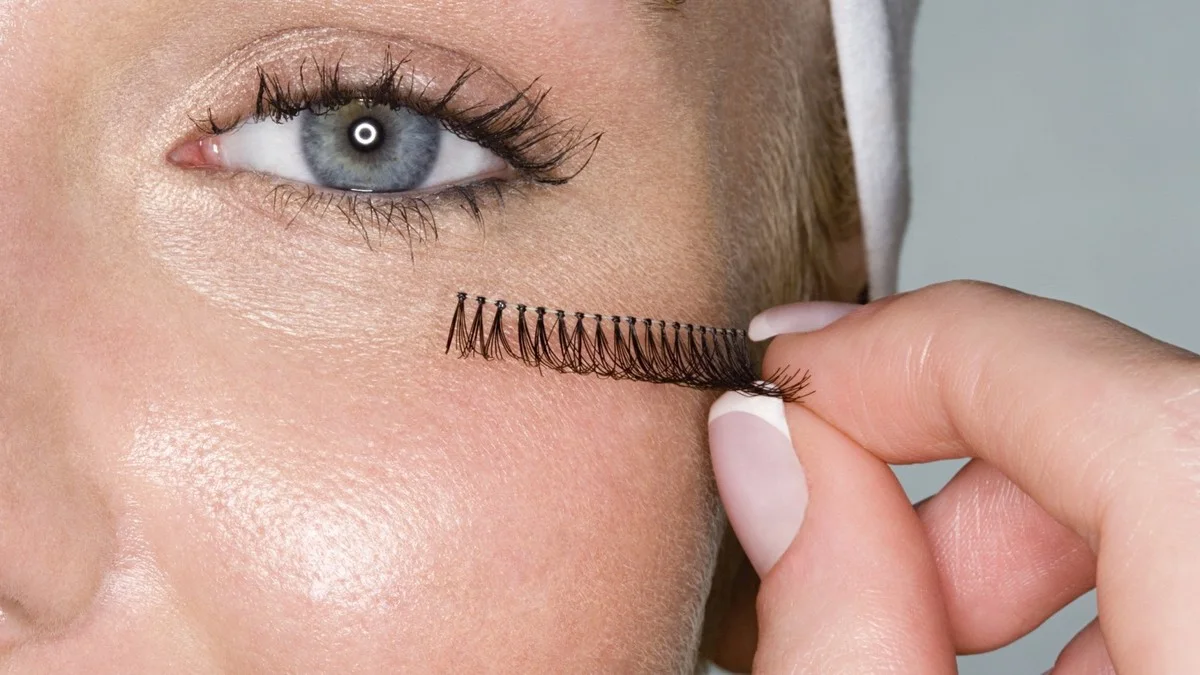14/06/2025
14/06/2025

NEW YORK, June 14: A prominent US-based doctor has issued a stark warning about the long-term health risks associated with fake eyelashes, including potential blindness. Dr. Saurabh Sethi, a Harvard-trained physician, raised the alarm in a widely viewed Instagram video, highlighting the dangers posed by the adhesive commonly used in lash application.
“Fake eyelashes are becoming increasingly popular, but the adhesive glue often contains formaldehyde,” Dr. Sethi said. “This can cause allergic reactions, thinning and permanent loss of natural eyelashes — and in rare cases, even lead to blindness. To minimise the risk, avoid fake eyelashes or use formaldehyde-free adhesives.”
Formaldehyde, a chemical more commonly associated with preserving corpses, is often added to eyelash glue to increase its shelf life and sticking power. However, experts warn that at high concentrations, it can severely disrupt cellular function and cause a range of symptoms including skin irritation, headaches, and breathing difficulties.
A 2022 American study revealed that out of 37 lash adhesives tested, 75 percent of the 20 professional-grade products released formaldehyde. Alarmingly, four out of 17 consumer products also contained the chemical, despite some failing to disclose it on their ingredient lists.
Adverse reactions to lash glue are not uncommon. In a 2012 Japanese study involving 100 women who reported eye issues after using fake eyelashes, 40 percent were found to have had allergic reactions to the adhesive. Common conditions included keratoconjunctivitis—an inflammatory disorder affecting the cornea and conjunctiva—and blepharitis, which involves inflammation of the eyelid margins, where hair follicles and antimicrobial glands reside.
Despite these health concerns, the fake eyelash industry continues to flourish. Valued at $1.4 billion in 2020, the global eyelash extension market is projected to reach $2.3 billion by 2028, according to Verified Market Research.
Eyelash extensions, typically made from synthetic fibers, silk, or mink, are applied by trained estheticians to enhance lash length and volume. The procedure is cosmetic in nature, with no medical benefits.
Meanwhile, recent scientific studies have underscored the natural function of eyelashes. A 2023 study by Chinese researchers found that lashes serve to protect the eyes by diverting sweat and water, regulating airflow, and preventing debris from entering the eye—functions that are often compromised when extensions are applied.
Health professionals advise consumers to exercise caution, read ingredient labels carefully, and opt for safer, formaldehyde-free alternatives when considering eyelash enhancements.


